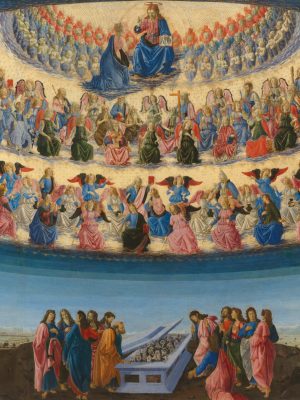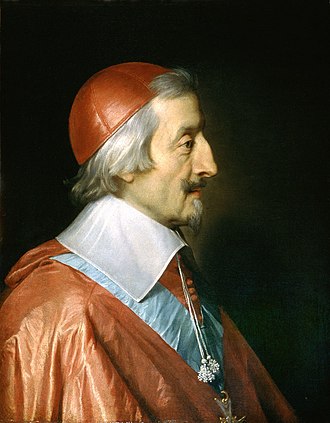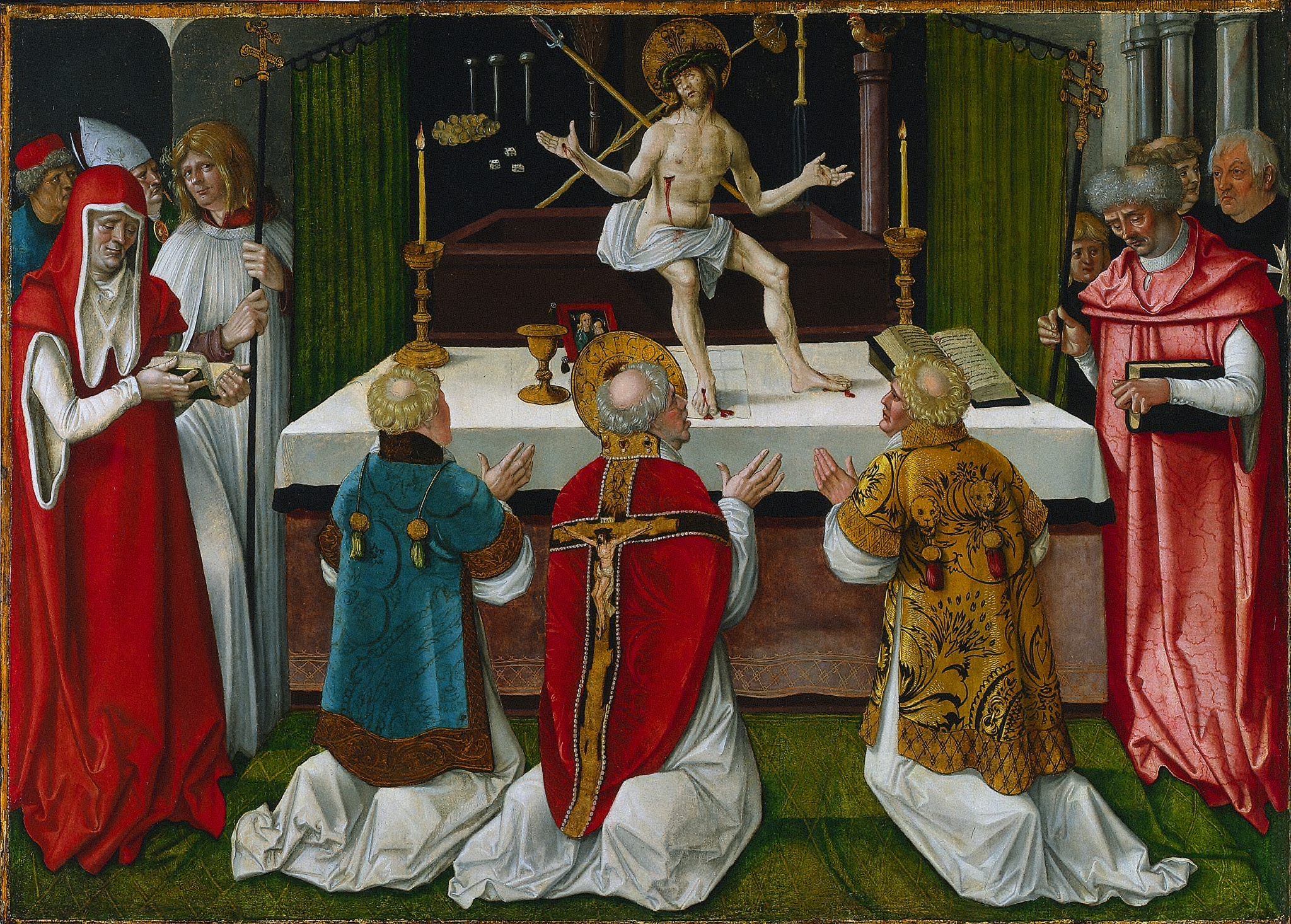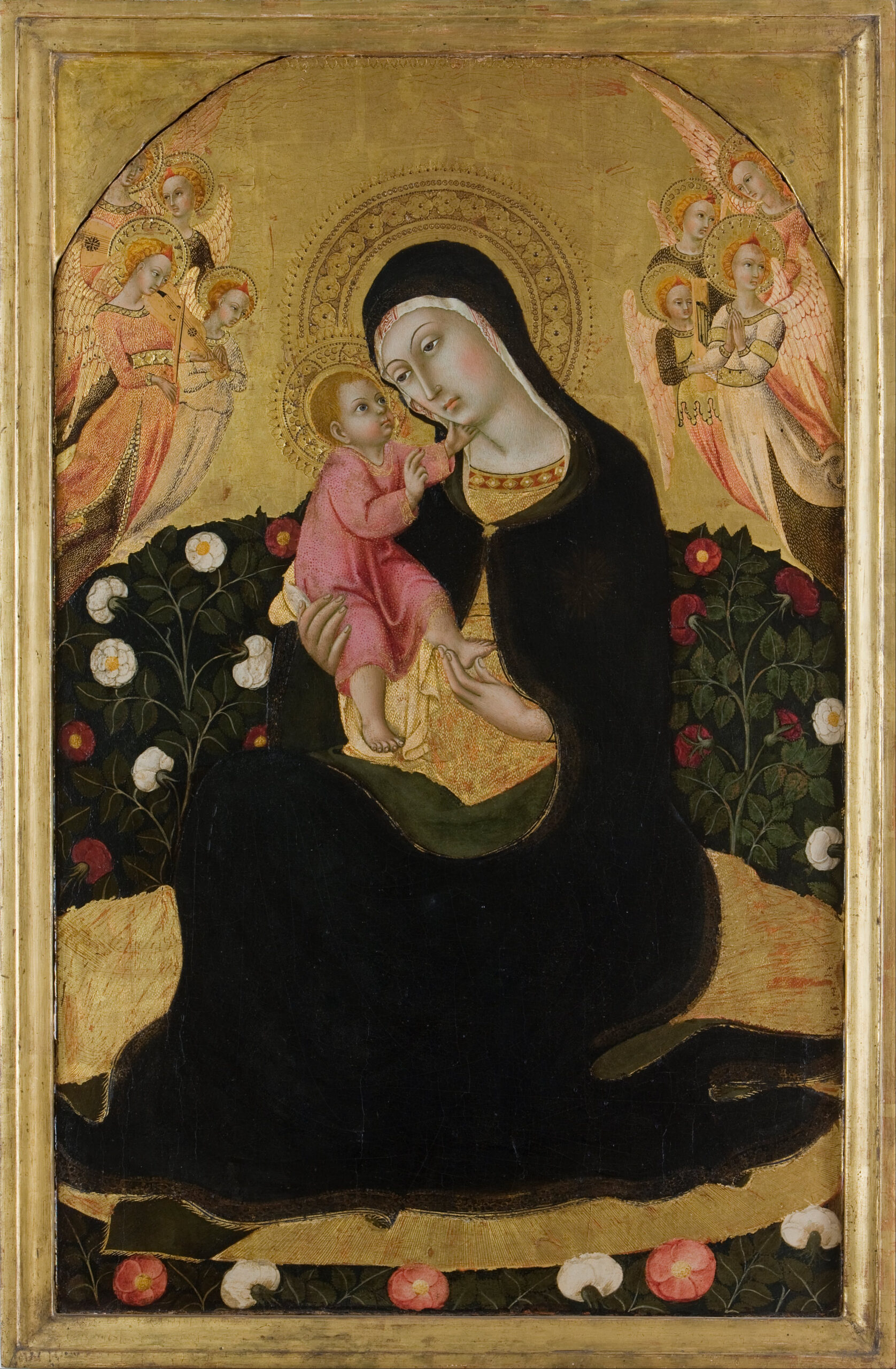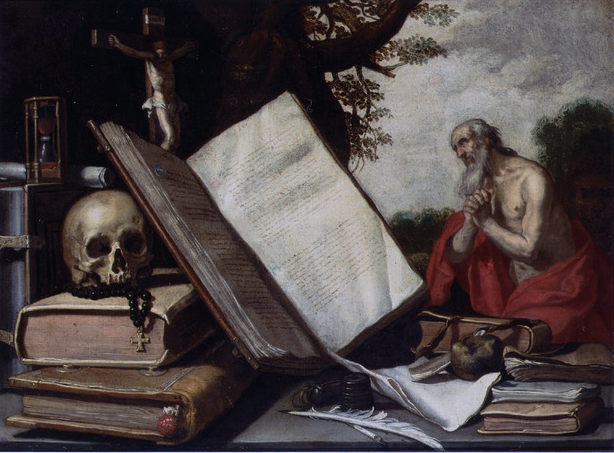God created man for an eternity with Himself. Yet, many souls live their mortal lives for the present moment. Allow Cardinal Armand Jean du Plessis, Duke of Richelieu, to awaken in your heart a desire to pursue the joys of eternal life.
Created by God
It is pertinent to note at this point certain indisputable and self-evident truths. Firstly, we are all created by God. Consequently, each one of us is signed by something of the character and image of the Divinity. We were created for no other purpose than that we might enjoy the eternal life of heaven. And we were redeemed at the price of Christ’s precious blood so that we might become heirs of His glory.
The Mortal Life is But a Passing Moment
Secondly, the whole course of this mortal life is nothing more than a brief moment or a mere instant when compared to the boundless infinitude of eternity. But our eternal happiness or eternal unhappiness depends entirely upon this brief and passing moment of earthly life. The delights and eternity of paradise call our souls to seek them out with the greatest and most compelling insistence and diligence. Conversely, the horror and dread of everlasting perdition should more than suffice to motivate us to wish earnestly to escape them. But even without such considerations of the life to come, even in this world the joys and tranquility of living virtuously are manifestly preferable in every respect to the anxiety and misery of living sinfully. As has been shown, the way which leads to perdition is filled with thorns, but the path taking us to heaven is filled with flowers of sweet delight.
Living for Eternity
All of this makes me wonder how it can be possible to take so much trouble about the things of this present life, as so many do, but to neglect the far more consequential things of eternity. Shall we be occupied with, and discriminating in, those delicacies which pertain merely to the mortal body while remaining insensate and dull to those which pertain to the immortal soul? If we are scarcely able to tolerate many of the small ills and tribulations which befall us in this present life, do we really think that we shall be able to carry the weight of eternal perdition and everlasting torment? If we value so highly those worldly honors, pleasures, and delights which are but illusory—or, at best, momentary—shall we neglect those blessings which are infinite and eternal?
How could such a thing be possible? Is there a single human being who would really choose a life of passing misery to a life of eternal happiness? No one of sound mind could possibly give preference to unending death and suffering than to boundless joy and the plenitude of immortal delight. To do such is to fly in the face not only of faith and the divine law but of reason and nature itself.
If God had created us for the present life only, it would be fitting for us to give no thought to any future things. But if we are created for a future destiny, is it not incumbent upon us to give our best efforts towards securing this future destiny? If we dread and mourn death as the termination of this troubled and short mortal life, should we not all the more fervently yearn for a life that is without sorrow, an eternally blessed life that has no end?
The soil in which our souls now grow is the flesh, with its many desires and disturbances, and the world, with all its distractions and anxieties. This is never our true native land. Hence it is that our existence here is never entirely satisfactory and lasts only a little while. Yet we do our best to provide for the necessities of this life and take careful thought for its contingencies. Should we then neglect the necessities of the life to come, which is infinitely greater both in its duration and its possible happiness or unhappiness? Shall we not carefully plan for the contingencies of all eternity?
We Were Created for Heaven
When Jesus descended to us, He did so in order that He might bestow upon us the grace of ascending to Him. Hence, it follows that our attentions should be seriously directed to obtaining this fruitful and abundant promised land. Each action is performed rightly if it is directed towards its final end, or towards achieving its ultimate purpose. If the final end of our soul’s existence is eternal beatitude in the kingdom of heaven, should we not then pursue this with the utmost diligence?
I would like to believe that anyone who has read the five short chapters presented so far will have considered deeply the seriousness of the eternal destiny of the soul and give his heart up to some meditation on this. This present life is but a passing moment and a pilgrimage rather than a resting place. And like all those engaged in a pilgrimage, it behooves us to have in mind our destination and to direct our steps accordingly.
The path that brings us to eternal life is made sweet by hope and becomes beautiful by the anticipation of the celestial delights to which it leads. Moreover, we are constantly assisted by divine grace and love as we walk such a path. In contrast, the road that leads to perdition is turbulent and sorrowful, not only on account of its destination, but even by its very nature.
Let us then heed the voice of God which gently and lovingly calls us to eternal beatitude. Since it is our very nature to desire happiness, let our greatest desire always be for that immortal happiness which infinitely exceeds all others!
ooo
This article is taken from a chapter in Treatise on Perfection by Cardinal Armand Jean du Plessis, Duke of Richelieu which is available from TAN Books.


